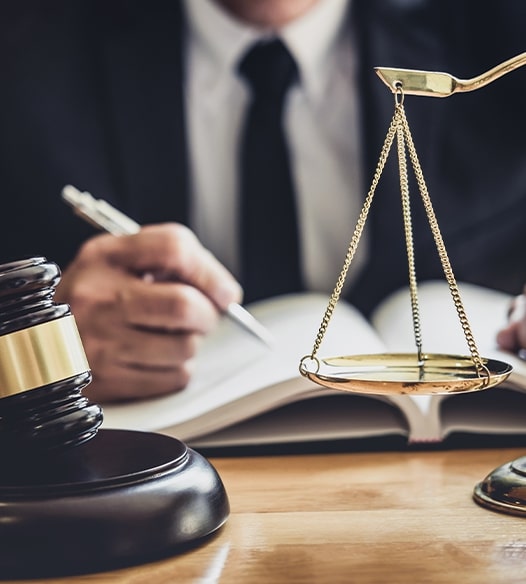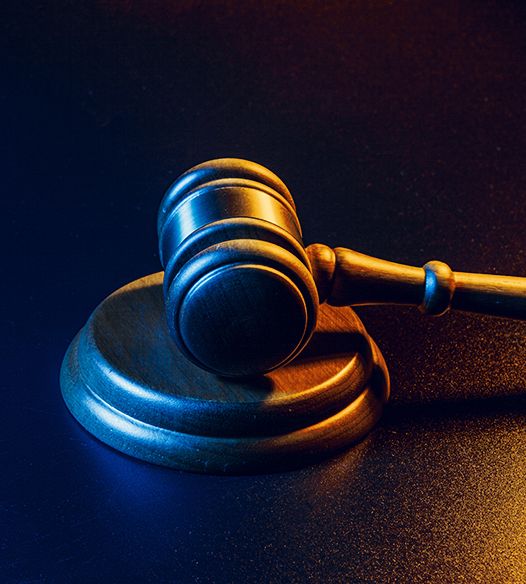
The Government of India recently enacted the Information Technology (Intermediary Guidelines and Digital Media Ethics Code) Amendment Rules, 2022 (“Amendment”), to amend the Information Technology (Intermediary Guidelines and Digital Media Ethics Code) Rules, 2021 (“Rules”). The Amendment became effective immediately. As per a statement released by the Government, the Amendment aims to enhance the obligations on intermediaries and ensure their accountability in creating an “Open, Safe & Trusted and Accountable Internet”. The major changes brought about by the Amendment are summarised below:
• While the Rules previously only required intermediaries to inform users by way of published User Agreements, Privacy Policies and Acceptable Use Policies that they were not to publish certain kinds of illegal content (e.g. obscene, pornographic, infringing of intellectual property, or otherwise illegal content), The Amendment now appears to add a higher degree of obligation on the intermediary by demanding that intermediaries now “make reasonable efforts” to ensure that their resources are not used to host, publish, or share such illegal content.
• While the Amendment appears to leave it open to the intermediary whether to publish its User Agreement, Acceptable Use Policy and Privacy Policy in English, or in one or all the 22 regional languages mentioned in the Constitution of India, the note on the publication by the Press Information Bureau seems to indicate that the intention is to have communication done in regional languages as well.
• The scope of content the intermediary is required to inform users is prohibited, and now also ‘make reasonable efforts to ensure’ it does not host, has been changed through the Amendment. The Amendment does not include libelous content, or content that is patently false and is published to mislead, harass, or cause any injury to any person.
• The Amendment imposes an obligation upon the intermediary to take “all reasonable measures” to make their services accessible, along with “reasonable expectations of due diligence, privacy and transparency.”
• A provision has been inserted that requires intermediaries to respect the fundamental rights of Equality, Freedom of Speech and Protection of Life and Personal Liberty as guaranteed by the Indian Constitution.
• The Amendment adds a requirement stating that certain kinds of complaints received by the intermediary shall be acted upon as expeditiously as possible and resolved within 72 hours of receipt of the complaint. The complaints that have this tight resolution timeline expressly exclude those where there are questions over the ownership and rights in the information, a question of intellectual property infringement, or a question of violation of law currently in force.
• The Amendment mentions that intermediaries may develop “appropriate safeguards” to prevent misuse of their platforms. However, no further clarification has been provided on the subject.
• The Amendment introduces Grievance Appellate Committees, and states that the Central Government shall establish one or more such Committees within 3 months of the Amendment coming into force. These Committees have been introduced to hear appeals against any order passed by Grievance Officers of the intermediaries under the Rules. Appeals may be filed within 30 days of receipt of communication from the Grievance Officer. The Amendment mandates that the Grievance Appellate Committees shall conduct all their proceedings digitally, and “shall make an endeavor” to resolve appeals within 30 days of receipt. The setting up of a Grievance Appellate Committee however does not prejudice the right of an individual to seek a remedy before an appropriate court.
Disclaimer
This update is for general information purposes only. It does not purport to provide comprehensive legal or other advice. The firm accepts no responsibility for losses that may arise from reliance on information contained in this publication. Please seek specific legal advice for any queries.
Authors
If you need more information, please contact:
• Dhruv Singh (Counsel; Practice Head – Regulatory) at [email protected]
• Arjun Khurana (Partner; Practice Head – Technology, Media and IP) at [email protected]















